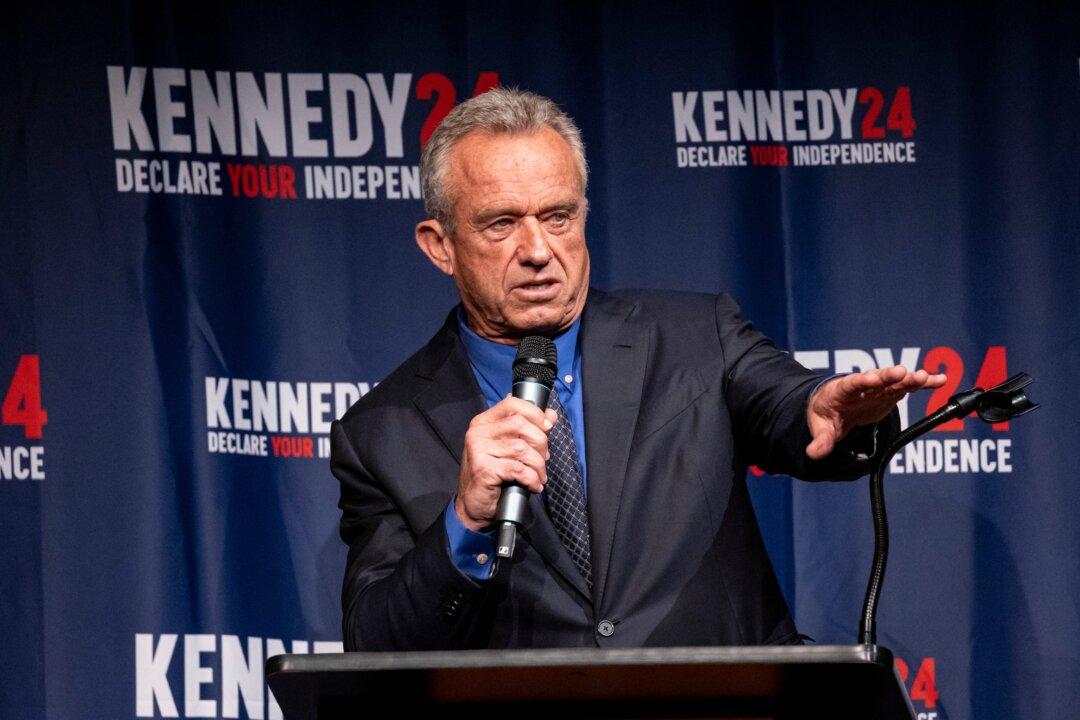Ballot access laws for independent and third-party candidates are “among the worst forms of voter suppression in America today” and state officials should work together to “streamline and standardize ballot access procedures,” Robert F. Kennedy Jr. said in a Substack article a week after winning a lawsuit about the issue in Utah.
Ballot access restrictions “artificially prop up the two-party duopoly, even as 63% of American adults agree that the Republican and Democratic parties do such a poor job of representing the American people that another choice is needed,” Mr. Kennedy wrote.





